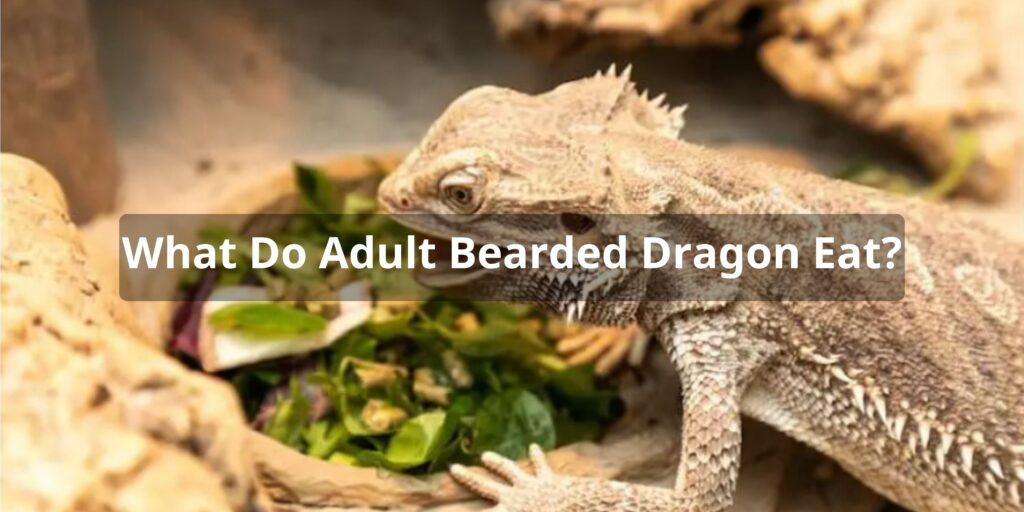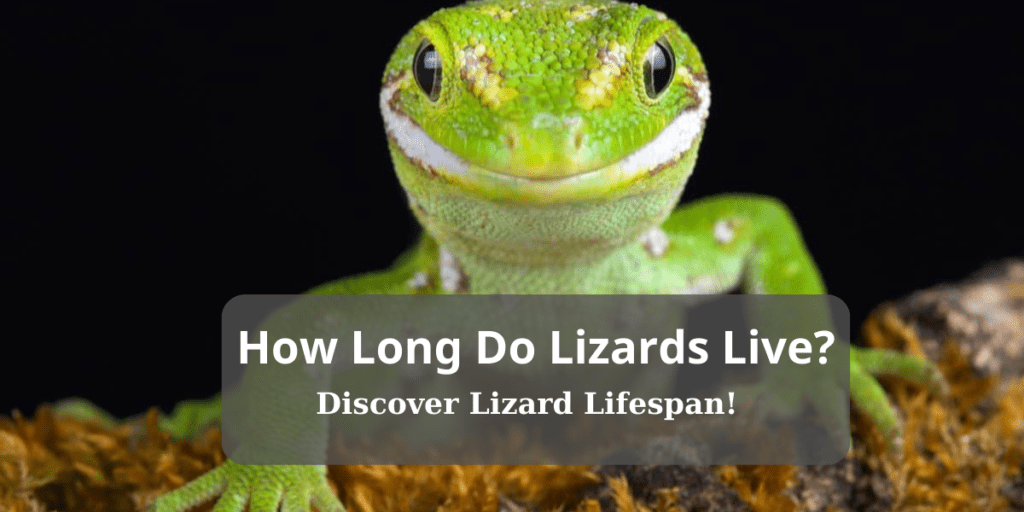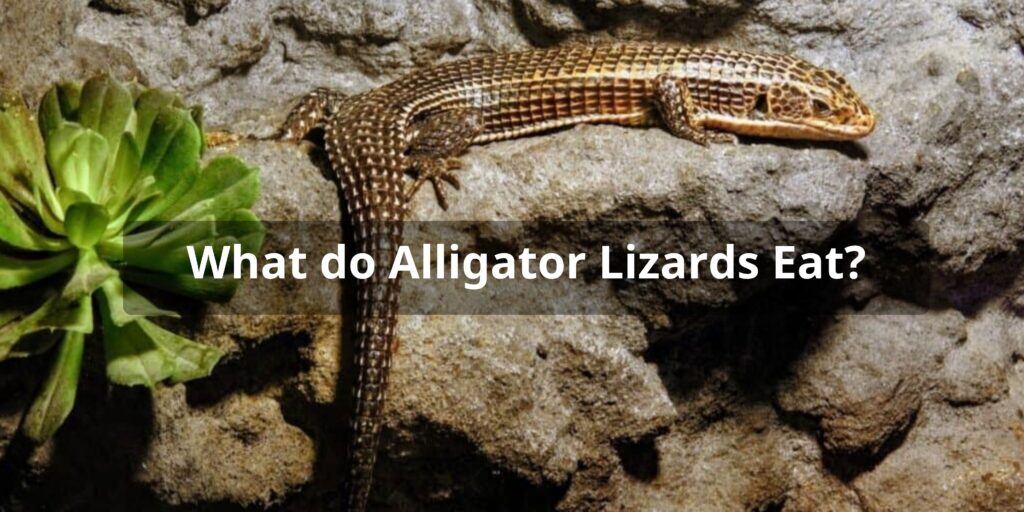Welcome to our comprehensive guide on the diet of adult bearded dragons. As responsible reptile owners, it is crucial to understand what foods are suitable for your adult bearded dragon’s diet. This article will provide you with detailed information on the top foods that should be included in an adult bearded dragon’s diet, as well as essential guidelines for feeding and hydration. Let’s dive in!
Adult Bearded Dragon Diet Basics
- The insect-to-plant food ratio: Adult bearded dragons require a balanced diet consisting of approximately 80% insects and 20% plant matter.
- Feeding frequency by age: Generally, adult bearded dragons should be fed once a day, while juveniles may require two to three feedings.
Essential Foods for Adult Bearded Dragon Diet

Preferred Live Food Options:
- Crickets: These protein-rich insects are a staple in an adult bearded dragon’s diet. They provide essential nutrients and are readily available in most pet stores.
- Dubia Roaches: Rich in protein and low in chitin, these roaches are highly nutritious and easily digestible for adult bearded dragons.
- Phoenix Worms: These small, soft-bodied larvae are calcium-rich and make an excellent addition to their diet.
- Superworms: Although high in fat, superworms can be offered occasionally as a treat due to their larger size.
Safe Vegetables for Regular Intake:
- Collard Greens: A nutrient-dense leafy green vegetable that provides calcium, vitamin C, and fiber.
- Mustard Greens: Another great option with high levels of calcium, iron, and vitamins A and K.
- Kale: While kale should be fed sparingly due to its higher oxalate content, it offers various vitamins and minerals.
- Squash: Both yellow and zucchini squash are excellent sources of hydration, fiber, and vitamins.
Recommended Fruits for Adult Bearded Dragon Diet:
- Blueberries: These antioxidant-rich fruits can be offered as occasional treats due to their high sugar content.
- Papaya: A tropical fruit that provides essential vitamins and natural enzymes to aid digestion.
- Watermelon: A hydrating fruit that adult bearded dragons enjoy, but it should be fed in moderation due to its high water content.
- Pears: A good source of fiber and vitamins that can be given to your dragon occasionally.
Essential Vitamins & Minerals:
- Calcium: Crucial for maintaining healthy bones and preventing metabolic bone disease. Dust insects and vegetables with a calcium supplement before feeding.
- Vitamin D3: Necessary for proper calcium absorption. Ensure your bearded dragon gets exposure to UVB lighting or provide a vitamin D3 supplement.
- Vitamin A: Important for overall health and immune function. Incorporate vegetables such as carrots or sweet potatoes into their diet.
Foods to Avoid for Adult Bearded Dragon Diet
It is crucial to be aware of the foods that can be harmful to adult bearded dragons. Avoid offering the following:
- Insects larger than the space between their eyes, as they may cause choking or digestive issues.
- Fireflies, lightning bugs, and other bioluminescent insects, which can be toxic.
- Toxic plants such as rhubarb, avocado, and daffodils.
- Citrus fruits like oranges and lemons, as they can cause digestive problems.
Feeding Guidelines for Adult Bearded Dragon Diet Owners
- Always provide fresh, clean water in a shallow dish for your bearded dragon to drink from.
- Dust live food with a calcium supplement and, if needed, a multivitamin supplement.
- Offer a variety of live insects to ensure a balanced nutritional intake.
- Monitor portion sizes to prevent obesity, but ensure they receive enough food for their growth and activity levels.
- Place food in a separate dish to avoid substrate ingestion during feeding.
Understanding Adult Bearded Dragon Diet Hydration Needs
- Mist the enclosure with water to create humidity and aid hydration.
- Offer vegetables and fruits with high water content to supplement their fluid intake.
- Ensure your bearded dragon has access to a shallow water dish for soaking if they require additional hydration.
- Monitor signs of dehydration, such as sunken eyes or lethargy, and consult a veterinarian if necessary.
Conclusion
Understanding the dietary requirements of adult bearded dragons is essential for their overall health and well-being. By providing a balanced diet consisting of appropriate live foods, safe vegetables, and recommended fruits, you can ensure your bearded dragon receives the necessary nutrients. Remember to follow feeding guidelines, avoid harmful foods, and cater to their hydration needs. With proper care and a nutritious diet, your adult bearded dragon will thrive. Happy feeding!
FAQs About Adult Bearded Dragon Diet
Can adult bearded dragons eat fruits and vegetables?
Yes, adult bearded dragons can eat a variety of fruits and vegetables. Opt for options like leafy greens, squash, bell peppers, and blueberries. However, fruits should be given in moderation due to their sugar content, while insects should remain the primary protein source.
What are some suitable protein sources for them?
Bearded dragons benefit from a mix of insects like crickets, dubia roaches, and mealworms. Variety is key for a balanced diet. Insects should be properly gut-loaded and dusted with calcium and vitamin supplements before feeding.
How do I ensure my bearded dragon gets enough vitamins?
Dust insects and vegetables with calcium and multivitamin supplements as recommended. Provide UVB lighting to enable proper vitamin D3 synthesis, vital for calcium absorption. A balanced diet and access to natural sunlight or UVB lamps contribute to overall health.
Are there any foods I should avoid feeding my dragon?
Yes, avoid feeding bearded dragons foods high in oxalates, like spinach and rhubarb, as they can interfere with calcium absorption. Also, steer clear of citrus fruits, high-fat insects, and toxic plants. Prioritize nutritionally beneficial options.
Can I offer commercial reptile food to my adult dragon?
While commercial reptile food can be convenient, it’s best to use it as a supplement rather than a primary diet. Whole, live insects and fresh vegetables are more natural and nutritious for adult bearded dragons.
What’s the role of calcium in their diet, and how to provide it?
Calcium is crucial for bearded dragons to maintain strong bones and prevent metabolic bone disease. Offer calcium-rich foods like dark leafy greens and provide calcium supplements by dusting insects or vegetables before feeding. Balance with vitamin D3 to aid absorption.



